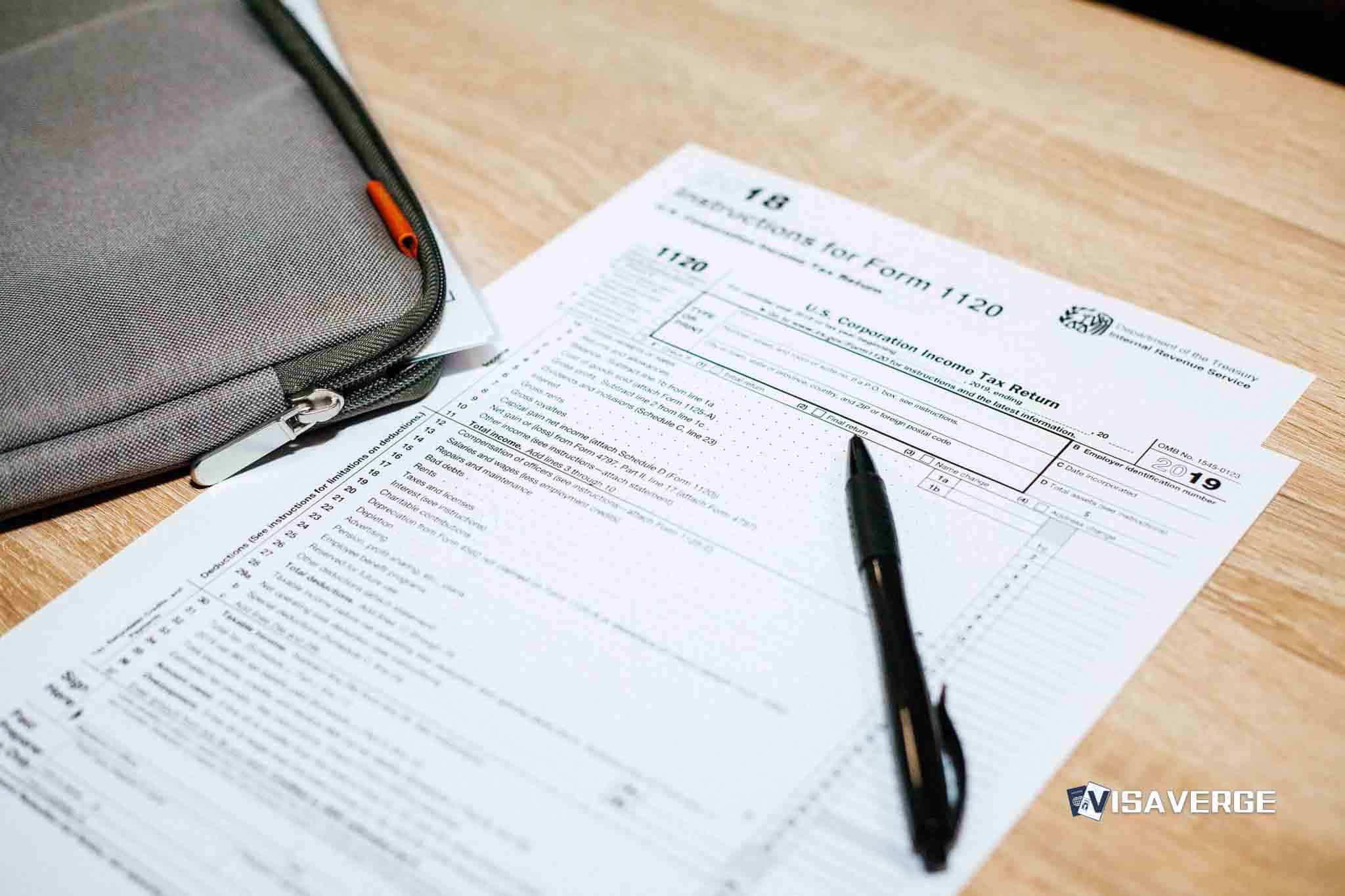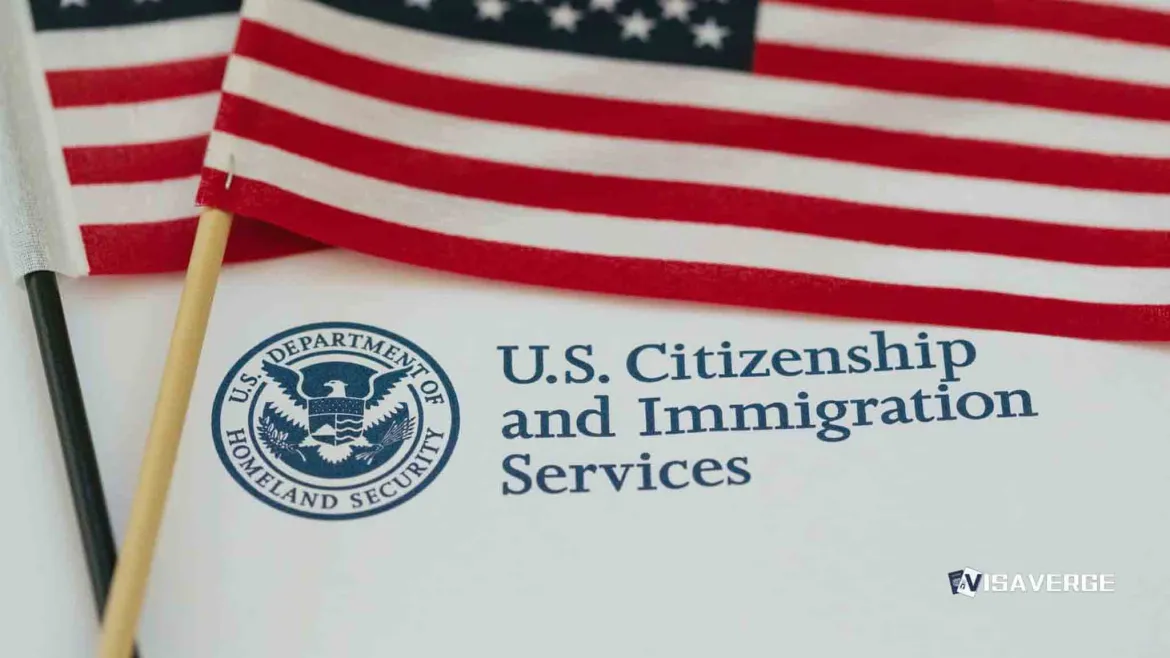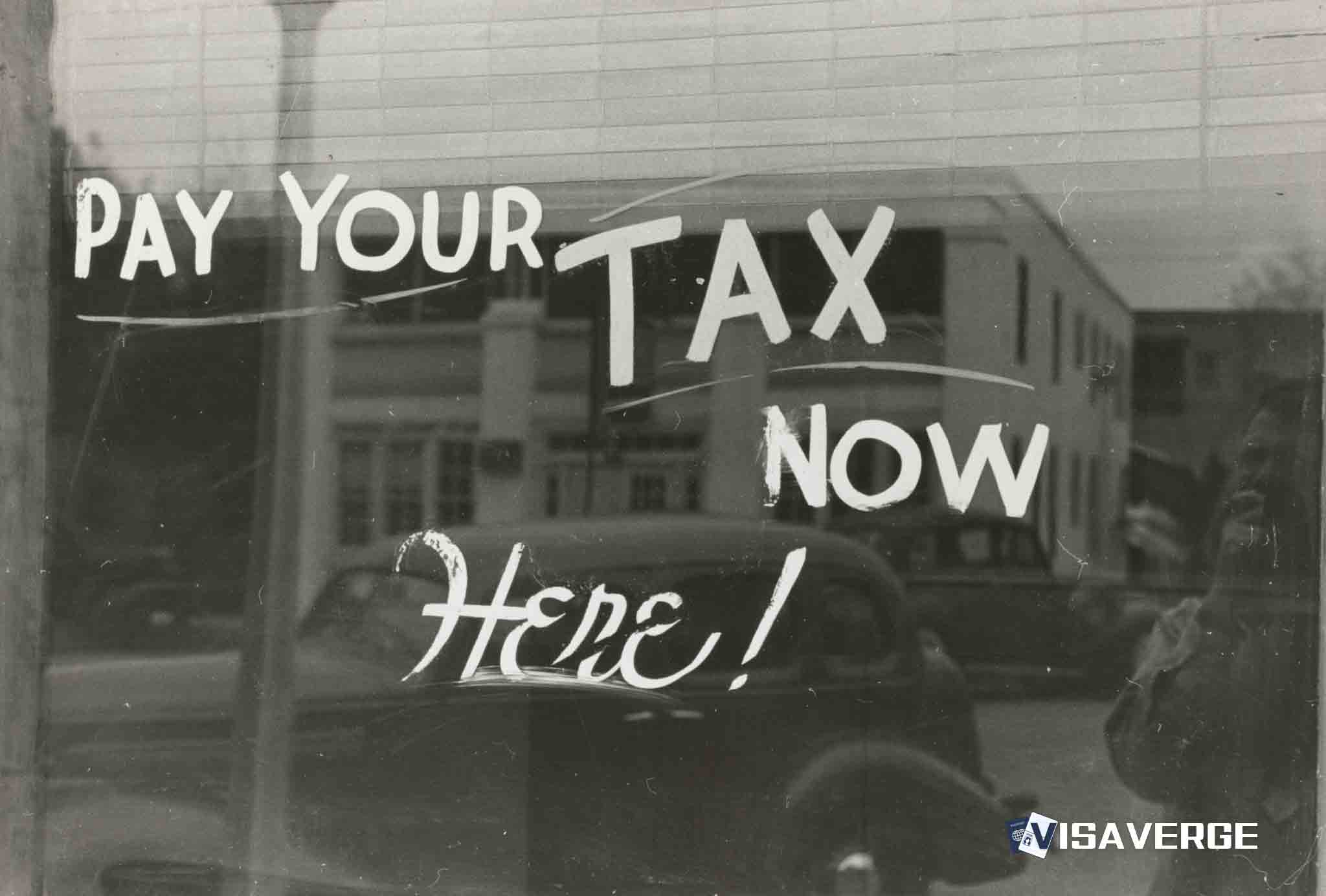Key Takeaways
01
Colleges must navigate FLSA rules like overtime pay and employee classification to ensure compliance and fair compensation.
02
FLSA defines minimum wage, overtime pay, and employee categorization to protect worker rights and ensure fair treatment.
03
U.S. Department of Labor enforces FLSA, ensuring colleges accurately classify employees to avoid penalties and legal issues.
FLSA’s Impact on Higher Education
Colleges and universities must navigate the Fair Labor Standards Act (FLSA) to ensure legal compliance, especially concerning overtime pay. The FLSA, enacted in 1938, establishes guidelines for minimum wage, overtime pay, and employee classification.

Why it matters: Proper classification of employees affects overtime pay eligibility, impacting payroll management and compliance.
The big picture:
– The FLSA aims to protect workers from unfair labor practices by defining key elements like minimum wage and overtime pay.
– Higher education institutions face unique challenges due to diverse roles and responsibilities that complicate employee classification.
Key Terms Explained:
– Minimum Wage: The lowest legal hourly wage for workers.
– Overtime Pay: Compensation at 1.5 times the regular rate for hours worked beyond 40 per week.
– Exempt vs. Non-Exempt Employees: Non-exempt employees qualify for overtime, while exempt ones do not, based on job duties and salary.
State of play:
– Faculty Members: Typically exempt from overtime due to professional roles.
– Administrative Staff: Often exempt if performing managerial tasks with sufficient salary.
– Support Staff: Generally non-exempt and eligible for overtime.
By the numbers: The U.S. Department of Labor enforces FLSA compliance, conducting audits and investigations to ensure fair pay practices.
Yes, but:
– Misclassification can lead to significant penalties, including fines, back pay, and legal repercussions.
– Amendments to FLSA salary levels mean constant vigilance is necessary for compliance.
What they’re saying:
– Some argue for extending overtime to faculty roles due to extensive work demands. Others believe their professional duties warrant exemption.
Between the lines: Misunderstandings persist, such as the belief that all school employees are automatically exempt, highlighting the need for clear FLSA comprehension.
Resources: Schools can access official guidance via the U.S. Department of Labor, ensuring informed compliance.
The bottom line: Navigating FLSA regulations is essential for universities not just to comply legally but to foster a fair employment environment.
Taking a Closer Look
Colleges and universities are not just about teaching and learning; they also have to pay attention to many laws and rules that affect how they run. One of these important things to consider is how the Fair Labor Standards Act (FLSA) affects them, especially concerning overtime pay. The FLSA is a U.S. law that sets the rules for important things like the minimum wage and overtime pay. It helps protect workers by making sure they get fair pay for all the hours they work. When it comes to higher education institutions, understanding these rules can be tricky but it’s very important.
A Basic Overview of FLSA Regulations
The Fair Labor Standards Act (FLSA) was created in 1938. This law is a big deal for American workers because it says how much they should get paid and how many hours they can work without getting extra pay. It helps make sure workers are being treated fairly across the country. When talking about FLSA, it’s important to understand a few key ideas: minimum wage, overtime pay, and exempt vs. non-exempt employees.
- Minimum Wage: The FLSA set the first minimum wage in the U.S., which is the least amount of money a worker should get paid per hour.
-
Overtime Pay: According to the FLSA, if employees work more than 40 hours a week, they should get paid extra for those additional hours. This is known as overtime pay, typically calculated at 1.5 times the employee’s regular pay rate.
-
Exempt vs. Non-Exempt Employees: The FLSA divides employees into two categories – exempt and non-exempt. Non-exempt employees are usually entitled to overtime pay, while exempt employees are not. Whether an employee is exempt or not depends mainly on their job duties, salary level, and how they are paid.
Historical Context and Implementation
The FLSA was initially passed during the Great Depression, a time of significant economic hardship in the United States. It aimed to improve working conditions and protect workers from overly long workweeks without fair compensation. Over time, the act has been updated to keep up with changing work environments and to continue protecting workers effectively.
For higher education institutions, complying with FLSA regulations is complex because employees in this sector often have varied roles and responsibilities that can make categorizing them challenging. As reported by VisaVerge.com, many colleges have had to adapt their payroll systems and job classifications to align with FLSA standards.
Key Terms in Higher Education Context
In the world of higher education, understanding who gets overtime pay can be tricky. Here are some important terms that help explain this:
- Faculty Members: Usually, teachers and professors are not qualified for overtime pay. This is because their job involves planning lessons, teaching classes, and grading papers, which fits the “exempt” category.
-
Administrative Staff: People who do office work are often not eligible for overtime either, if they make enough money and do independent work.
-
Support Staff: Workers who help with things like cleaning or maintenance often qualify for overtime pay.
Breaking Down Complex Legal Language
Understanding legal terms can be tough, but it’s important for schools to know what the FLSA says so they can follow the rules correctly:
- Job Duties Test: To decide if an employee should get overtime, you have to look at what they do at work. Teachers often don’t get overtime because their work involves a lot of planning and important decision-making.
-
Salary Basis Test: To be considered exempt from overtime, employees usually need to be paid a certain salary continuously, not based on the number of hours they work.
-
Salary Level Test: There’s a minimum amount that exempt employees must earn. If they earn less, they usually should receive overtime pay.
Scope and Applicability in Higher Education
The FLSA’s rules about overtime are very important for colleges and universities. They affect many different people who work there, from teachers and professors to people who help keep the campus running. Schools need to make sure they classify their employees correctly, so everyone gets paid the right amount.
Enforcement and Authorities:
The U.S. Department of Labor is responsible for making sure that FLSA regulations are followed. They have the authority to check payrolls, look into complaints, and take action if someone isn’t following the rules. Schools have to be ready to show that they are paying their workers according to the law.
Impact on Different Groups
- Immigrants: Many people who come to the U.S. to work at colleges might be affected by these rules, especially if they’re in non-exempt jobs. It’s crucial for schools to make sure these employees understand their rights.
-
Employers: Colleges must carefully track hours and pay to avoid mistakes that could lead to serious problems with the Department of Labor.
Recent Changes and Amendments
Changes to FLSA over the years have adjusted the salary levels for exempt employees, making it necessary for institutions to stay informed about these amendments to ensure compliance. Such changes often prompt universities to reassess their employee classifications to ensure they’re following the law.
Debates and Controversies
There is ongoing discussion about the fairness of FLSA rules in higher education, especially for teachers. Some people think teachers should get overtime pay because their roles involve so much work outside of regular hours. Others think the flexibility in teachers’ jobs and their professional judgment makes them different from other workers who get overtime.
Real-World Applications
For example, if a college employs a groundskeeper who works 45 hours in a week, they must calculate and pay overtime for those extra 5 hours. However, a professor working the same number of hours wouldn’t be paid overtime, considering their exempt status.
Consequences of Non-Compliance
Not following FLSA laws can have significant repercussions for colleges and universities. These may include hefty fines, back pay for employees, and potential lawsuits, all of which can damage an institution’s reputation and financial standing.
Pending Legislation That Might Affect Current Law
There is always the possibility of new laws being introduced that could change how the FLSA works. Schools need to keep an eye on these changes so they can be prepared for any adjustments they may need to make.
Common Misconceptions
A common misconception is that all school employees are exempt from overtime. In reality, only specific roles qualify for exemption based on the duties test and salary threshold.
Resources for Further Legal Information or Assistance
For schools trying to understand FLSA better, it’s a good idea to look at official sources like the U.S. Department of Labor. They provide detailed guidelines and resources to explain the rules clearly.
In conclusion, understanding and correctly applying the FLSA rules in higher education is not just about legal compliance; it’s about ensuring fair treatment for all employees. By keeping up with changes and continuously educating themselves, colleges and universities can create a fair workplace where everyone knows their rights and receives the pay they deserve.
Learn Today
FLSA: The Fair Labor Standards Act, a U.S. law setting rules for minimum wage and overtime pay.
Exempt Employees: Workers not entitled to overtime pay, based on job duties, salary level, and payment method.
Non-Exempt Employees: Employees eligible for overtime pay, typically those who don’t meet exempt criteria.
Overtime Pay: Additional pay for hours worked over 40 in a week, usually at 1.5 times the regular rate.
Job Duties Test: Evaluation of work tasks to determine eligibility for overtime under the FLSA.
This Article in a Nutshell
Navigating the complexities of the Fair Labor Standards Act (FLSA) is crucial for colleges and universities, particularly concerning overtime pay. By distinguishing between exempt and non-exempt employees, institutions ensure fair compensation. Missteps can lead to financial repercussions, highlighting the need for diligent compliance and updated awareness of evolving legal standards.
— By VisaVerge.com
📚
Related Articles
01
Are Veterans Exempt from Overtime Pay?
→
02
FLSA Overtime Rules for Journalists
→
03
Overtime Rules for Construction Workers: FLSA Exemptions Explained
→
04
FLSA Exemptions: Overtime Eligibility for Technologists and Technicians
→
05
Overtime Rules for Nurses: FLSA Exemptions Explained
→








